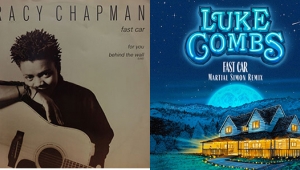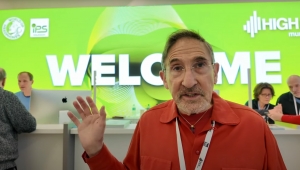| Columns Retired Columns & Blogs |
Allman Brothers Band and Cheap Trick Sue Sony
On Friday, April 29, AP reported that Cheap Trick and the Allman Brothers Band were suing Sony Music over the record label's payment for music downloads through Napster and the iTunes Music Service.
The suit was filed in a New York federal court and concerns, among other issues, the distinction between music licenses and music sales. Sony has been paying the ABB and Cheap Trick according to the terms of their long-term contracts, which predate the downloading phenomenon. According to the AP, that means the label deducts costs such as packaging, restocking, and breakage, even though such concepts do not apply to downloaded files. Even more importantly, according to the two bands, Sony has been paying them based on the old model of selling a product, which allows the record label to pay artists about 4.5¢ per track (out of the 99¢ collected by the music stores). If what iTunes and Napster are selling is a license, the bands should be receiving approximately half of the 70¢ the label collects for each track.
Cheap Trick, which signed its recording contract in 1976, and the Allman Brothers Band (1989) would like to establish the suit as a class-action endeavor covering all of Sony's recording artists who inked contracts between 1962 and 2002—comprising a class of approximately 2500 acts representing millions of dollars.
Determining whether a download is a product or a license is an issue that affects consumers, not just the musicians. While it might seem that the labels would want to have the court determine that a download is a product, ownership of that product would grant consumers rights that are denied them if a download is a license—rights such as reselling the download, loaning it to another listener, or using it on another computer platform.
While the suit hasn't made much of a splash in the media yet, it has the potential to shake the recording industry to its foundation, no matter how it is resolved.
- Log in or register to post comments




































